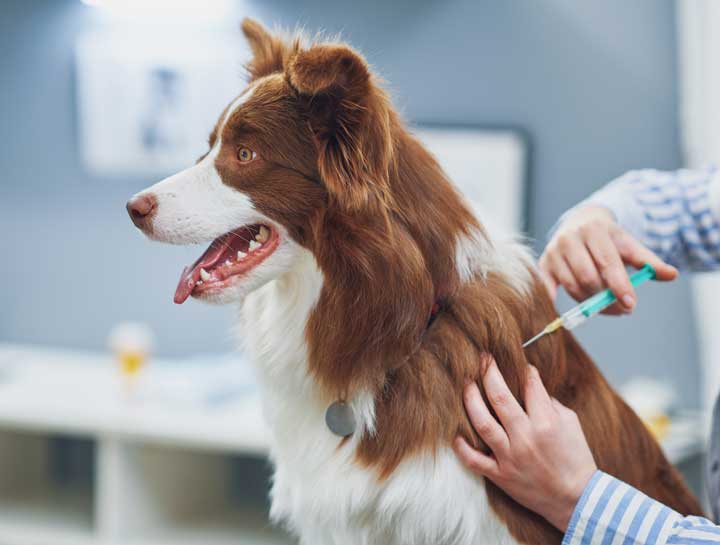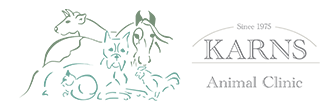Vaccines
Preventing diseases in pets.
Vaccinations are an important part of your pet's overall health and work to help keep your pet safe in the event of disease exposure. What vaccinations do is trigger your pet's natural immune responses and stimulate the production of antibodies in order to prepare it to fight against future infections from specific diseases. Animal experts around the world agree that it is thanks to the widespread use of vaccinations in recent decades that millions of pets have lived longer, healthier lives, and avoided premature death.
5 Reasons to Have Your Pet Vaccinated at Your Local Knoxville Animal Clinic
If you still aren't sure whether you should vaccinate or not, consider the following five reasons for it:
- Vaccinating prevents many pet illnesses.
- Vaccinations help prevent costly treatments for preventable diseases, thereby saving the owner thousands or even more in vet-related costs.
- There are some diseases that can be passed between different animal species and humans, with young children and older adults being the most vulnerable. Pet vaccinations help prevent this and protect everyone in the home.
- Vaccinations against wildlife-oriented diseases like rabies and distemper can save your pet's life. Both rabies and distemper are fatal diseases and they are expensive to treat once a dog has either one. The best way to prevent both of these wildlife-borne diseases is with vaccinations.
- Most of Knoxville and the broader Tennessee area require all pets to have certain vaccinations and to be registered with the county as having those vaccinations. Furthermore, if you ever plan on boarding your cat or dog, other vaccinations, such as the Bordetella vaccination, will often be required.
Understanding Which Vaccinations You Need
Young pets under six months of age are the most susceptible to infectious diseases as they are not fully grown and their immune system is not completely developed. As such, there are special vaccinations that have been developed to meet the specific needs of young pets, most notably kittens and puppies. These vaccinations serve as vital protection to ward off diseases that can frequently prove fatal. Your veterinarian can help you determine when to first start a vaccination regime and will likely recommend following with scheduled doses every three to four weeks until the puppy or kitten has reached four months of age.
After a cat or dog has reached the one-year mark, most vaccinations will be required only once a year with the exception of a few strains of boarding-oriented vaccinations that may be required every six months.
Ready to get started with your pet's vaccinations? Contact our Knoxville office today at (865) 690-1282 to learn more and schedule your next animal clinic visit.

